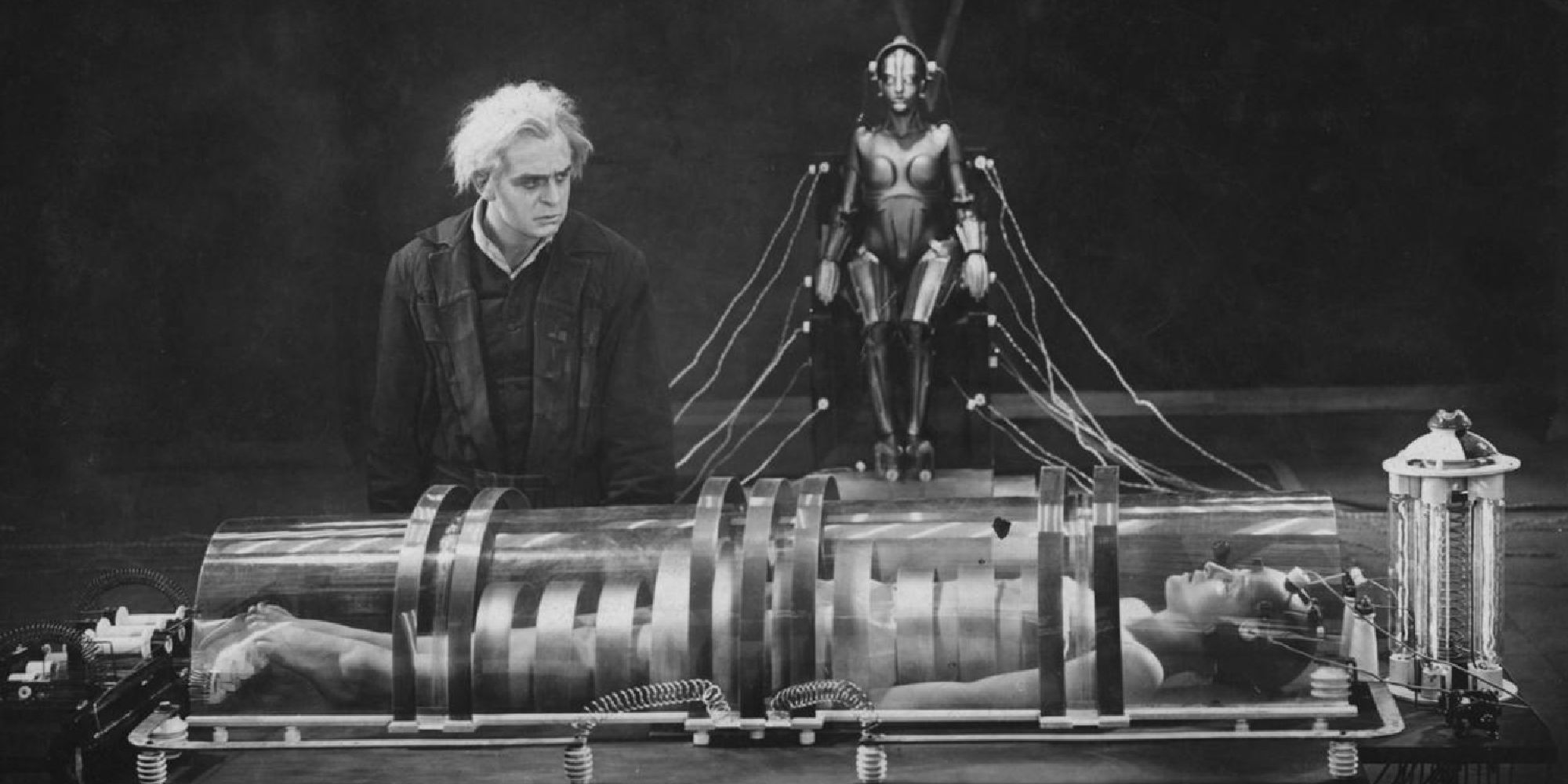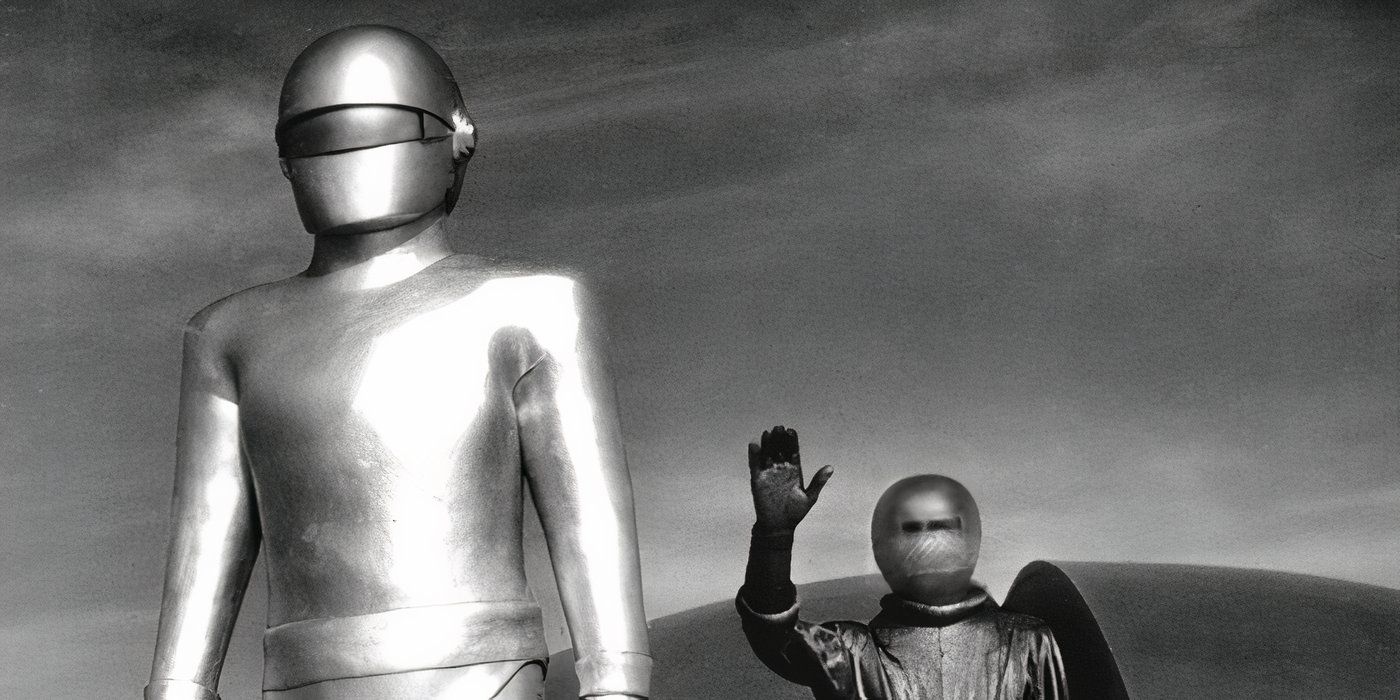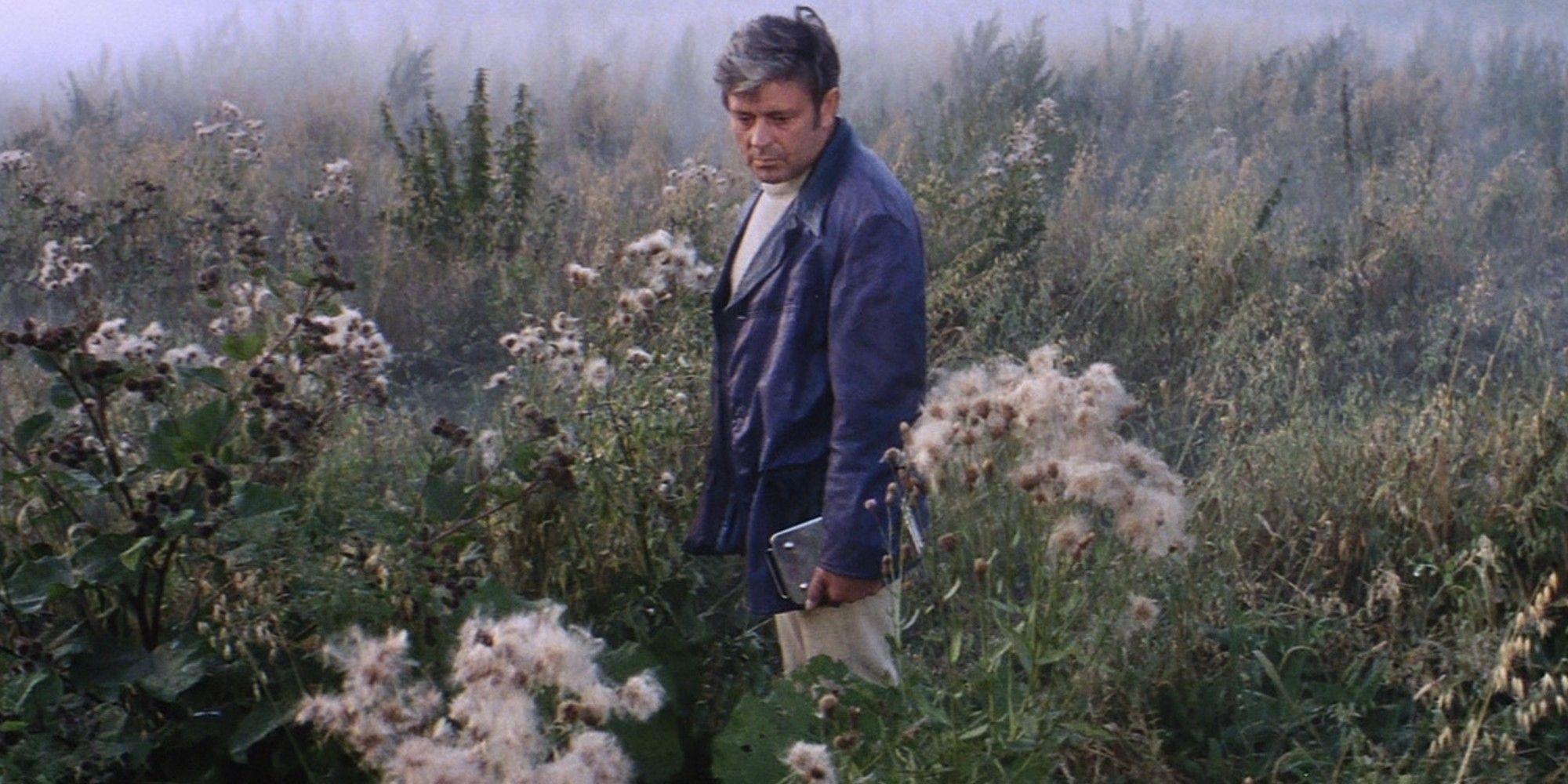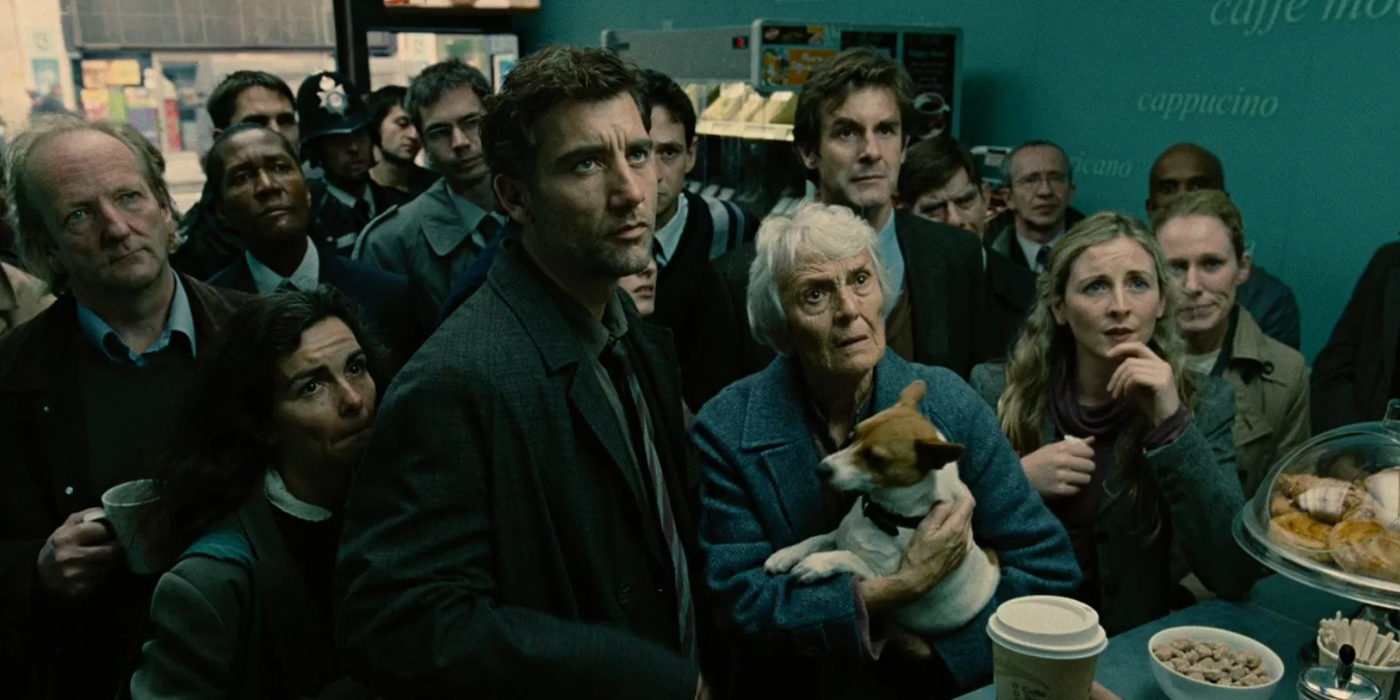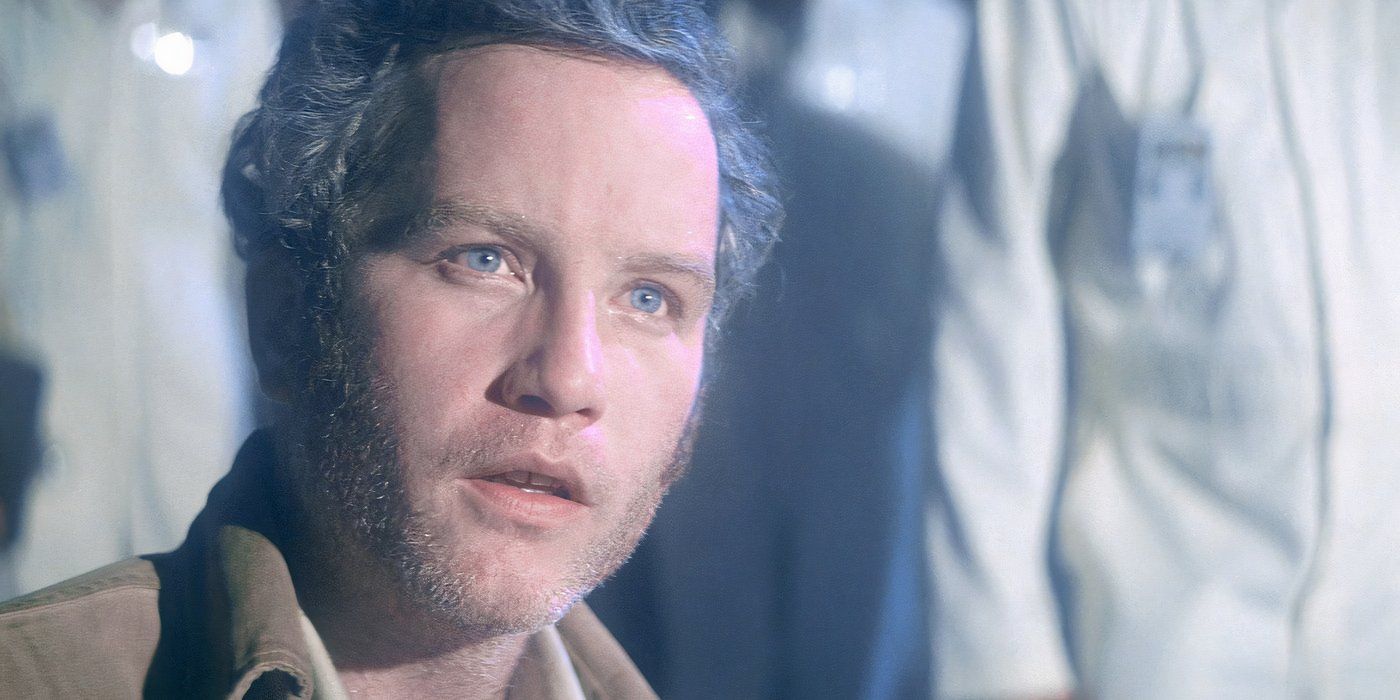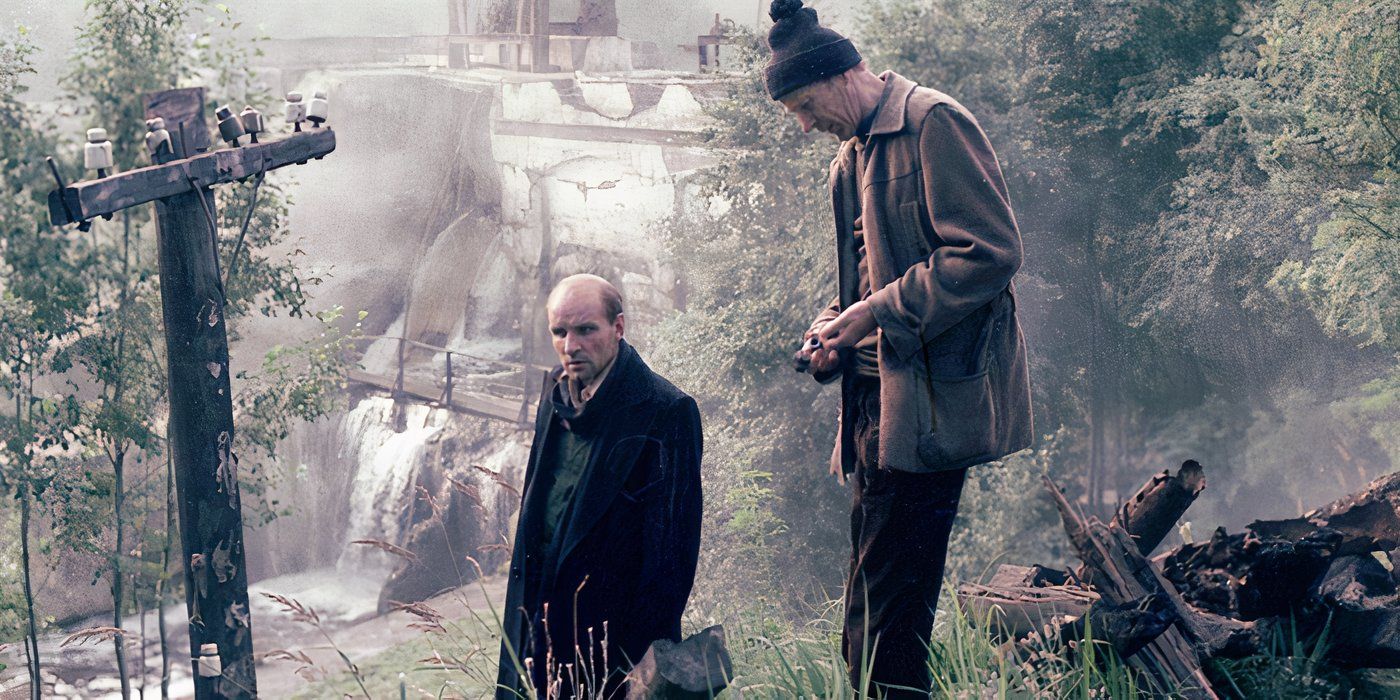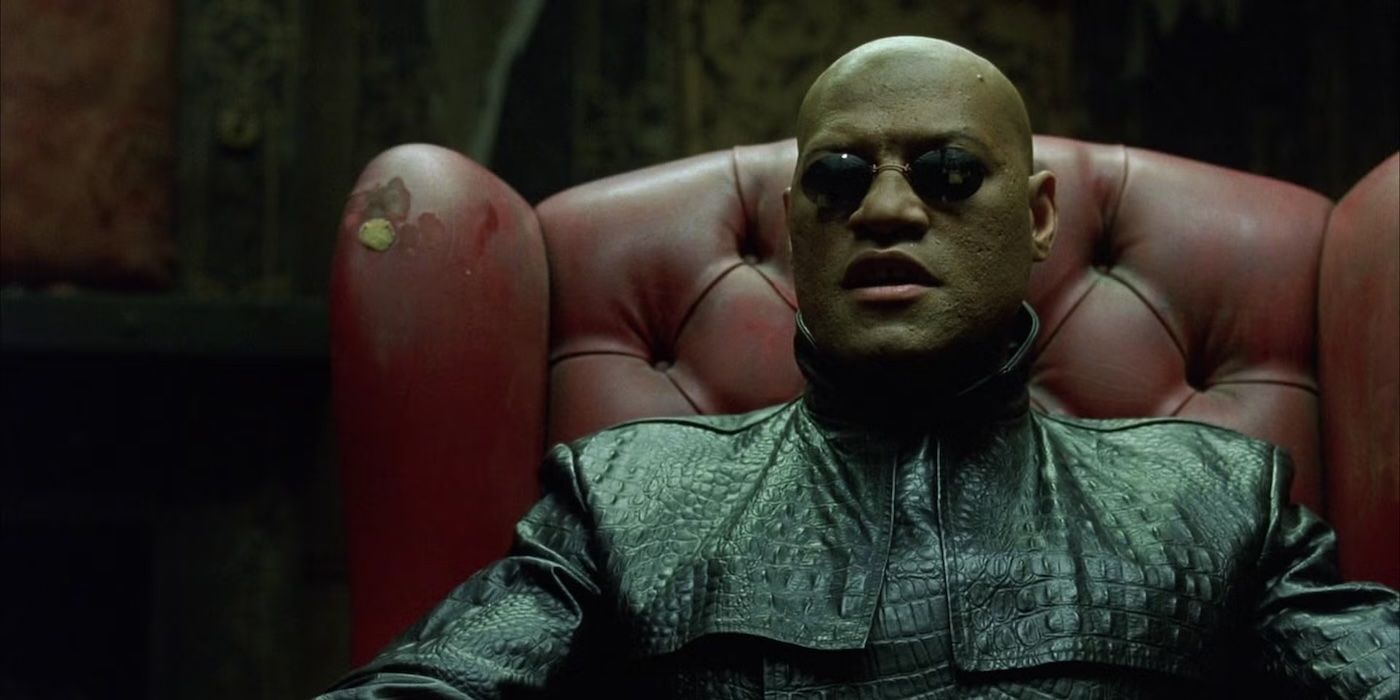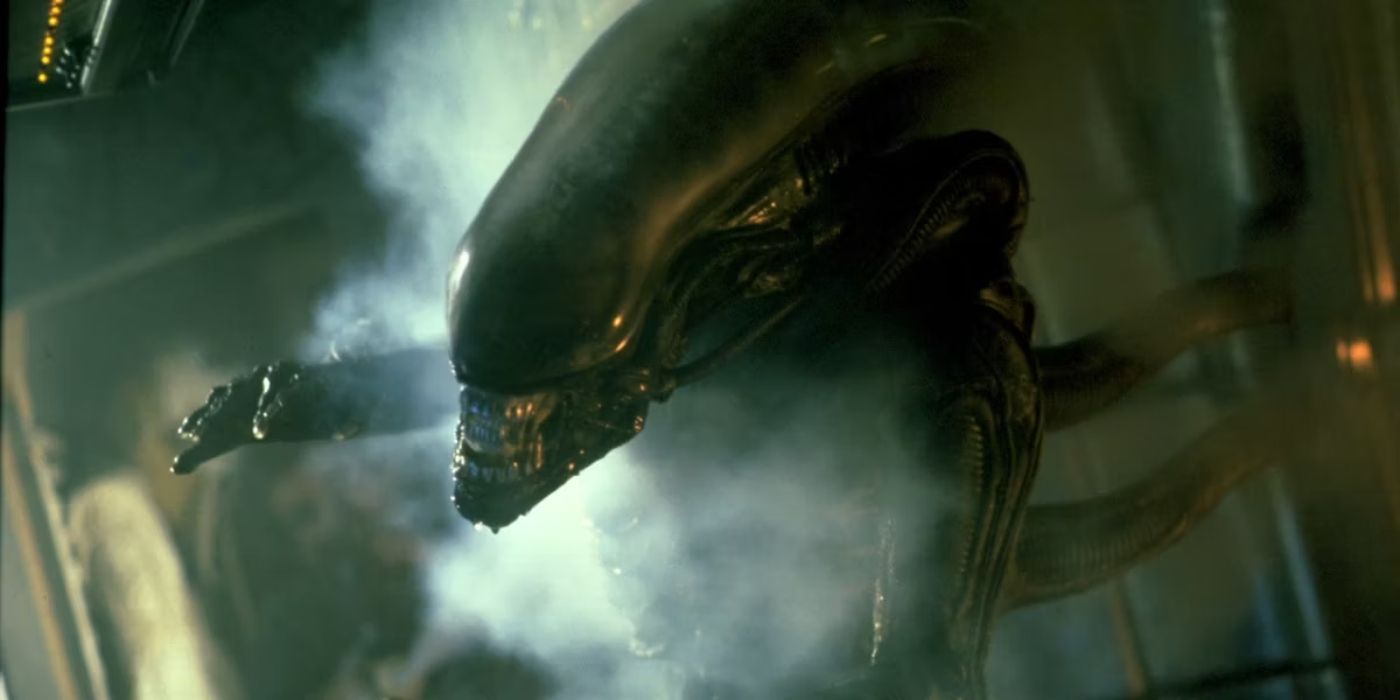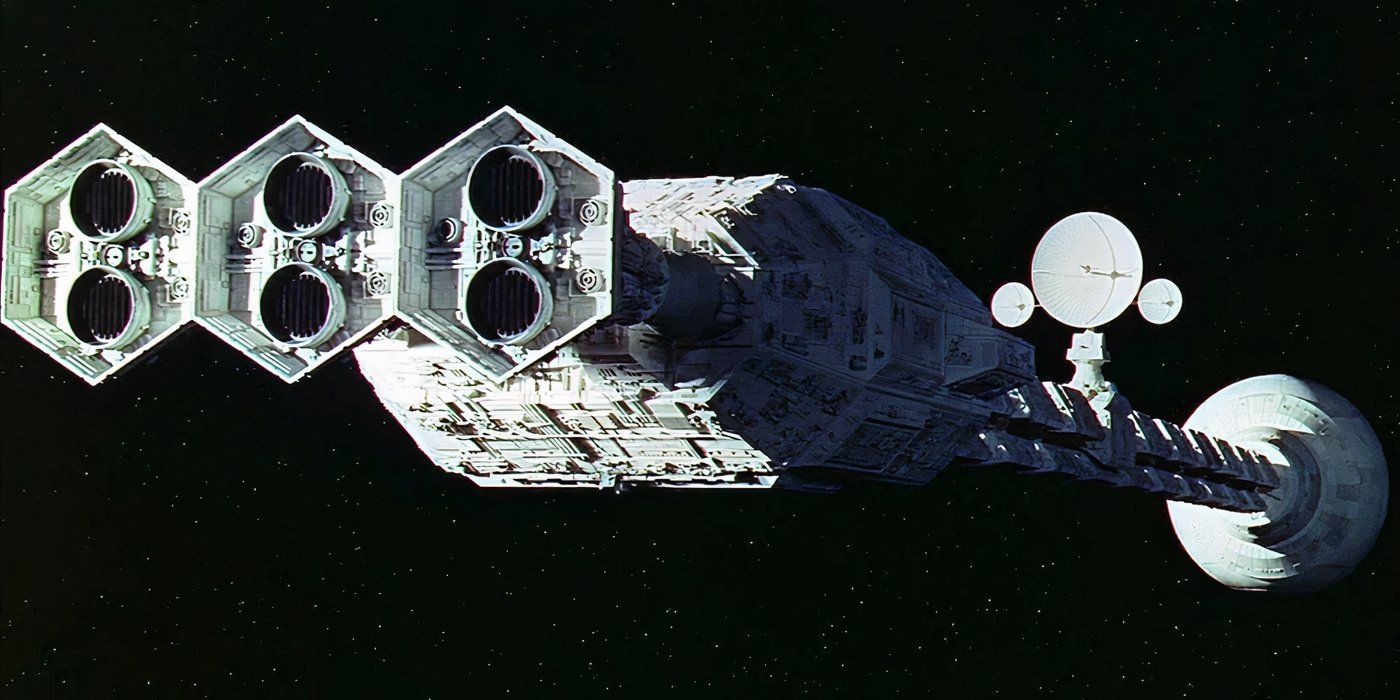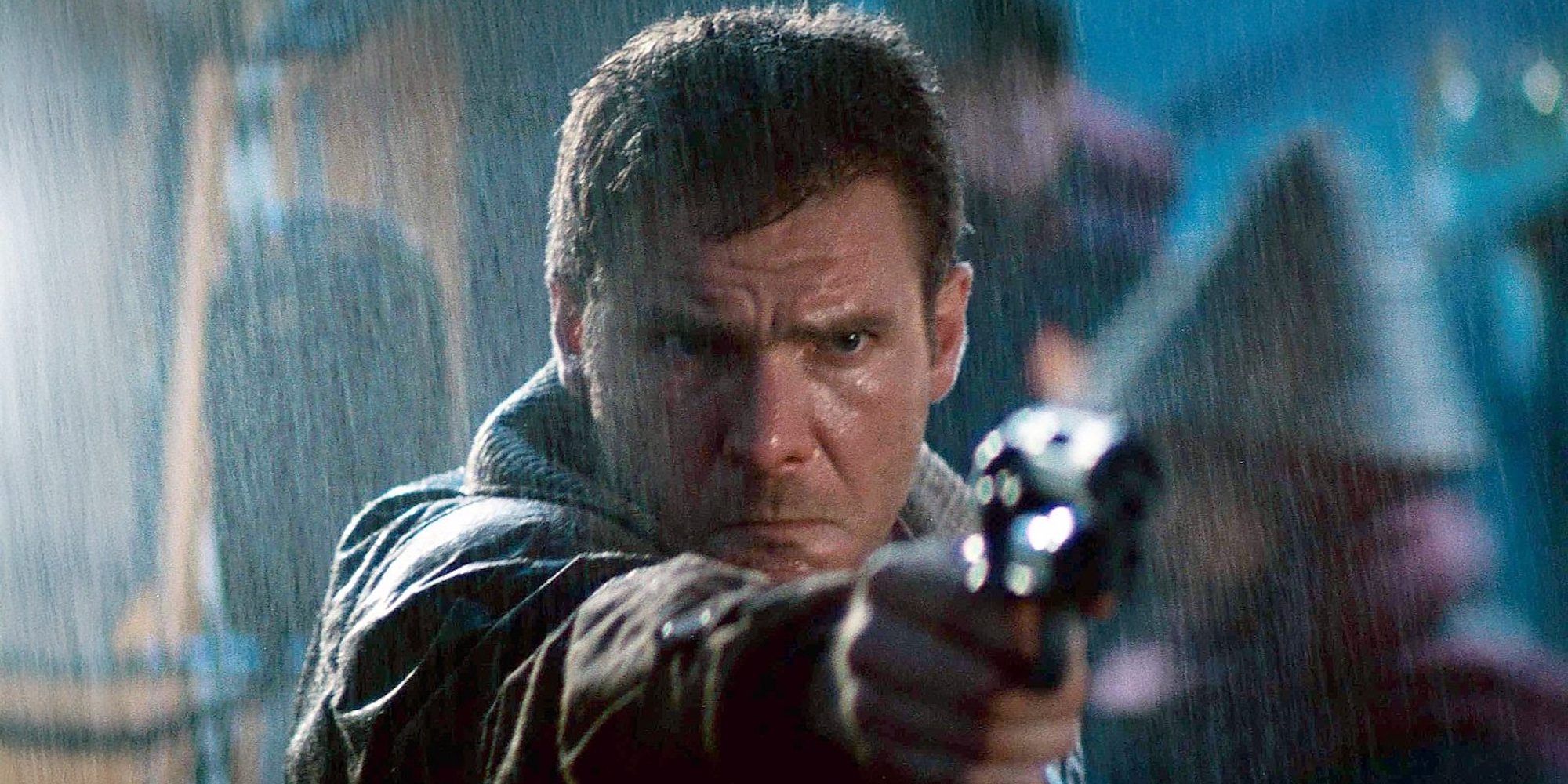The best science fiction stories aren’t really about the future, but rather about humanity itself: our hopes, our fears, our thirst for knowledge, and our dread of what we might find. The genre’s greatest and most important classics question reality, morality, and technology, while still packing these themes within an entertaining yarn.
From silent-era visions to philosophical space operas, the ten sci-fi movies on this list didn’t just change cinema but became full-fledged modern myths. They were ahead of their time on release — a few perhaps still are now, even in a world that has undeniably advanced, yet in many ways remains the same. These are the sci-fi legends that still burn bright, no matter how far into the future we travel.
10
‘Metropolis’ (1927)
Directed by Fritz Lang
“There can be no understanding between the hand and the brain unless the heart acts as mediator.” Metropolis imagined it all before space travel, AI, or dystopian wastelands became tropes, and did it with staggering visual ambition. This silent German epic presents a towering city of the future where the wealthy rule from the skies and the workers toil underground like cogs in a machine. At its center: a messianic story of rebellion, romance, and a robot designed to destroy.
In many ways, Metropolis is sci-fi cinema’s Big Bang, breaking the genre wide open; everything came after. The imagery remains iconic too: the Maschinenmensch, the art deco towers, the maniacal scientist with wild eyes. Fritz Lang had a brilliant eye. But beneath the spectacle lies a surprisingly earnest plea for empathy and unity. Yes, it’s melodramatic and politically messy, but Metropolis still pulses with urgency nearly a century later.
9
‘The Day the Earth Stood Still’ (1951)
Directed by Robert Wise
“I’m impatient with stupidity. My people have learned to live without it.” Aliens don’t always come to conquer; sometimes they come to scold. In The Day the Earth Stood Still, a visitor named Klaatu (Michael Rennie) lands on Earth not with war in mind, but warning. Humanity, on the brink of nuclear annihilation, is given an ultimatum: grow up, or be removed from the galactic equation. It’s a bold premise and one delivered with eerie calm. Rather than being an old-school space opera, this movie is a Cold War parable dressed in a silver suit.
At a time when sci-fi meant bug-eyed monsters and flying saucers, The Day the Earth Stood Still brought moral seriousness and quiet dread. The robot Gort (Lock Martin) is still one of the most chilling figures in the genre, despite the primitive and clunky visual design. The film’s plea for peace and progress still resonates, and its simplicity remains its strength.
8
‘Solaris’ (1972)
Directed by Andrei Tarkovsky
“We don’t want to conquer the cosmos. We want to extend the Earth to the cosmos.” Solaris isn’t about spaceships or aliens but memory, grief, and the weight of the past. Sent to investigate strange phenomena aboard a space station orbiting the oceanic planet Solaris, psychologist Kris Kelvin (Donatas Banionis) finds something impossible: his dead wife (Natalya Bondarchuk), returned, but she’s not quite herself, and the planet may not be a place at all. Slow, hypnotic, and profoundly human, Solaris is sci-fi as emotional archaeology.
Forget the hardware. Andrei Tarkovsky, one of the masters of Soviet cinema, fills the film with quiet corridors, flickering lights, and long, meditative silences. It’s about the unknowability of others (and ourselves). The more the characters search for truth, the more they confront their ghosts. In the end, Solaris is less a movie than an experience, one that lingers in the mind like a dream you can’t quite shake.
7
‘Children of Men’ (2006)
Directed by Alfonso Cuarón
“Even if we make it, we still have to face what’s happening.” Set in a future where humans have become infertile and society has collapsed into violence and despair, Children of Men goes way beyond mere dystopia to become a full-on elegy. When a woman (Clare-Hope Ashitey) is discovered to be pregnant, government agents, rebels, and survivalists all want a piece of her. But, despite the bleakness, at its core, this is a story about hope, frail, flickering, and worth dying for. What makes it legendary is how real it feels, even when the world is ending.
Clive Owen plays Theo with a weariness that mirrors the audience’s own, while Alfonso Cuarón‘s direction turns long takes and handheld chaos into high art. The film’s action scenes are breathtaking, and the characters are well-written and even better performed. Rather than asking what the future might be like, Children of Men asks what people will do when there’s no future at all.
6
‘Close Encounters of the Third Kind’ (1977)
Directed by Steven Spielberg
“This means something. This is important.” Not all alien encounters end in war. In Close Encounters of the Third Kind, the arrival of extraterrestrials is less about invasion and more about invitation. Strange lights. Lost time. A mashed potato mountain. Here, Steven Spielberg blends wonder and paranoia into a story about obsession, belief, and the urge to reach beyond ourselves. The result is one of the most intimate blockbusters ever made.
A lot of this comes down to the acting. Richard Dreyfuss‘ Roy isn’t a hero in the traditional sense, but a man unraveling, chasing a vision he doesn’t understand but can’t ignore. The iconic five-note melody has become shorthand for contact, but it’s the quiet moments, like the lights in the sky and the child at the door, that give the film its staying power. If the movie seems at all predictable now, it’s only because the genre has so thoroughly absorbed its style and ideas.
5
‘Stalker’ (1979)
Directed by Andrei Tarkovsky
“A man writes because he’s tormented.” Tarkovsky strikes again. In Stalker, three men journey into the mysterious Zone, a forbidden area rumored to contain a Room that grants your deepest desire. But this is more of an inner trial than a traditional quest. The Zone (like Annihilation‘s Shimmer, which it inspired) resists clarity; it shifts and waits, and what lies at the center isn’t truth but confrontation with the self. This is science fiction stripped of lasers and spaceships, replaced with mud, silence, and spiritual terror.
Tarkovsky returns to cosmic themes, but Stalker is colder than Solaris, more existential and punishing. The three unnamed characters—the Stalker (Alexander Kaidanovsky), the Writer (Anatoly Solonitsyn), the Professor (Nikolai Grinko)—debate, stumble, and fall apart as the Zone slowly reveals their fears. While a little inaccessible at first, it’s a film that frustrates, bewilders, and ultimately rewards on a level few others dare to attempt.
4
‘The Matrix’ (1999)
Directed by Lana Wachowski and Lilly Wachowski
“I know this steak doesn’t exist.” The Matrix was a cultural detonation. Bullet time; red pill, blue pill; virtual reality as existential prison. It fused philosophy, cyberpunk, anime, and martial arts into a sleek black trench coat and handed us a rabbit hole to fall into, and two decades later, we’re still falling. What makes it legendary isn’t just how cool it looks (and it looks damn cool) but how deeply it asks what’s real.
Keanu Reeves is deeply likable as Neo, a hacker-turned-savior, but the film’s real brilliance lies in its bold ideas: simulated reality, machine overlords, and the illusion of choice. The action is revolutionary, but the questions that linger. Are we awake? Who’s controlling us, and what if ignorance really is bliss? The Matrix broadened a generation’s mind and rewrote the code of modern sci-fi in the process. The sequels ruined the mythology, but the original still slaps.
3
‘Alien’ (1979)
Directed by Ridley Scott
“In space, no one can hear you scream.” Equal parts haunted house and industrial nightmare, Alien took sci-fi horror to grotesque new heights. Few films have made space feel so cold, so claustrophobic, so alive with death. A commercial spaceship. A distress signal. An organism that with acid blood and a mouth on its tongue. And at the center of the story, not a square-jawed hero, but Ellen Ripley (Sigourney Weaver), who starts quiet and ends up a sci-fi symbol. The xenomorph became an instant legend, too, its impact heightened by all the silence that comes before.
Alien redefined sci-fi, horror, and what a final girl could be. Sir Ridley Scott‘s direction is surgical, the sets drip with grime, the crew feels real, and the creature, designed by H.R. Giger, is pure nightmare: biomechanical, sexual, unknowable. It’s arguably the best-designed movie monster ever, so much so that filmmakers are still terrifying audiences with it almost 50 years later.
2
‘2001: A Space Odyssey’ (1968)
Directed by Stanley Kubrick
“I’m sorry, Dave. I’m afraid I can’t do that.” There’s before 2001: A Space Odyssey and after. Stanley Kubrick‘s space epic is still probably the most ambitious sci-fi film ever made. From the dawn of man to the heat-death of the mind, it charts an evolutionary leap, told with minimal dialogue, jaw-dropping visuals, and a monolith that might as well be God. It’s slow, cryptic, and awe-inspiring, a confrontation with the infinite set to classical music.
The lead performances are layered, and the stargate sequence still feels avant-garde. HAL 9000 (voiced by Douglas Rain) is one of cinema’s great villains, not because he’s evil, but because he’s logical. In our current era of exploding AI, he’s more relevant than ever. 2001: A Space Odyssey demands patience, but rewards it with wonder. It’s not for everyone, but it wasn’t made for everyone; it was made to change what sci-fi could be, and it did.
1
‘Blade Runner’ (1982)
Directed by Ridley Scott
“All those moments will be lost in time, like tears in rain.” Blade Runner didn’t wow critics when it first landed, but over time, it evolved into cinematic scripture. In a rain-soaked dystopian Los Angeles, weary “blade runner” Rick Deckard (Harrison Ford) is tasked with hunting down rogue replicants, biological androids who want more life. What follows is a noir poem about identity, mortality, and what it means to be human. The movie’s legacy isn’t just visual, it’s philosophical and unforgettable.
It’s kind of ridiculous that Scott made two sci-fi masterpieces in just a few years. Here, he creates a world so immersive, so tactile, you can practically feel the smog in your lungs. But it’s Rutger Hauer‘s Roy Batty who provides Blade Runner‘s soul. “Tears in rain” isn’t just a line; it’s a farewell to everything we can’t hold onto. As with HAL, Batty is a character whose relevance only grows with time. Masterful stuff.

